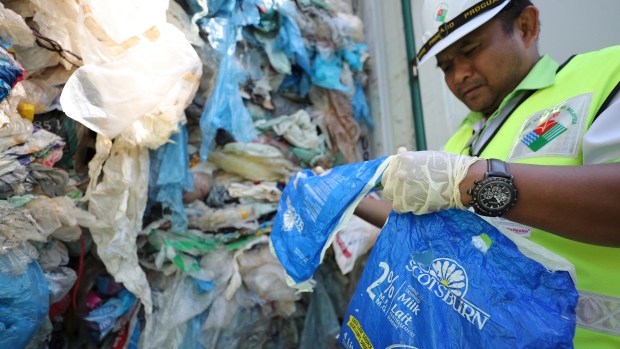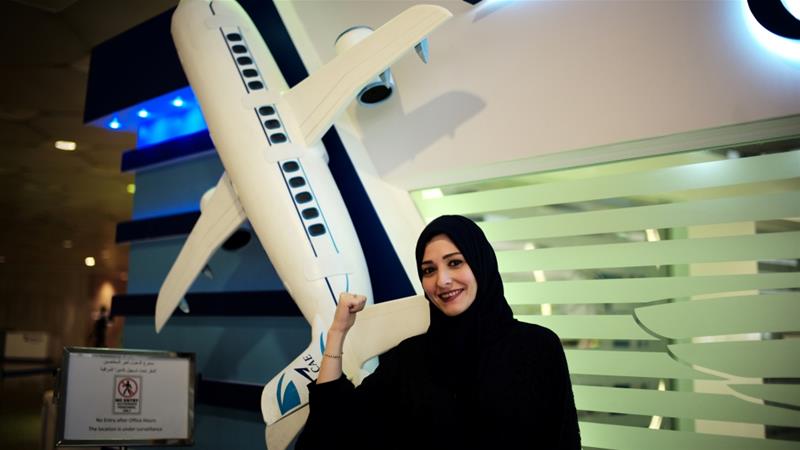Malaysia Is Planning To Send Plastic Waste Back To Foreign Nations
The Southeast Asian country has become a dumping ground after China banned plastic waste imports, but now the nation intends to ship back the 3,000 metric tons smuggled in from UK and other countries
After China banned plastic imports, Malaysia became the new target for waste and up to 3,000 metric tonnes of non-recyclable plastic waste was illegally smuggled into the country. But now the country’s environment minister wishes to send back the waste received from countries like US, UK, Canada and Australia among others, in order to avoid becoming a dumping for rich nations.
Minister of environment, Yeo Bee Yin, stated this week at a press conference that Malaysia and many other developing countries have become new targets after the Chinese ban. She also added that 60 containers stacked with contaminated waste were smuggled in the country to illegal processing facilities, but will be sent back to their countries of origin. Ten of them being due to go back within two weeks, while earlier this month the government sent 5 containers of waste back to Spain after shutting down more than 150 illegal plastic recycling plants since last July.
The containers included cables from the UK, contaminated milk cartons from Australia and compact discs from Bangladesh, as well as bales of electronic and household waste from the US, Canada, Japan, Saudi Arabia, and China, while the waste from China appeared to be garbage from France and other countries that had been rerouted after a ban imposed by China. Ms Yeo also stated:
“This is probably just the tip of the iceberg (due) to the banning of plastic waste by China. Malaysia will not be a dumping ground to the world… we will fight back. Even though we are a small country, we can’t be bullied by developed countries.”
Ms Yeo also said that China’s plastic waste ban had “opened up the eyes of the world to see that we have a huge garbage and recycling problem,” and even though citizens in rich nations separate their waste for recycling, the garbage ends up being dumped in developing nations where they are recycled illegally, causing environmental and health hazards. She added: “We urge the developed countries to review their management of plastic waste and stop shipping the garbage out to the developing countries,” calling such practices “unfair and uncivilised”. Ms Yeo also vowed to take action against Malaysian companies illegally importing used plastic, calling them “traitors to the country’s sustainability.”
Meanwhile, earlier this year, European Union legislators have approved the ban of single-use plastic by 2021, targeting the top 10 disposable plastic products that wash up on European shores, among which there are items such as straws, knives, forks, and cotton buds. The EU wishes to counter pollution in their effort to push manufacturers to step up their recycling efforts.







